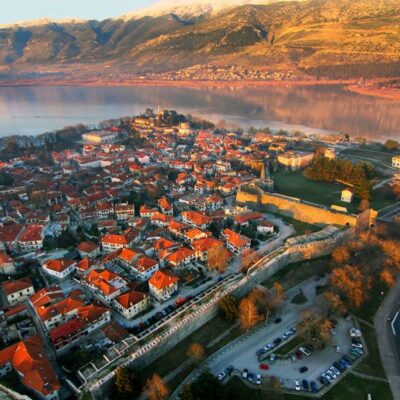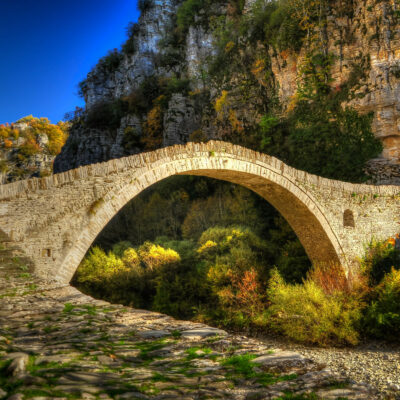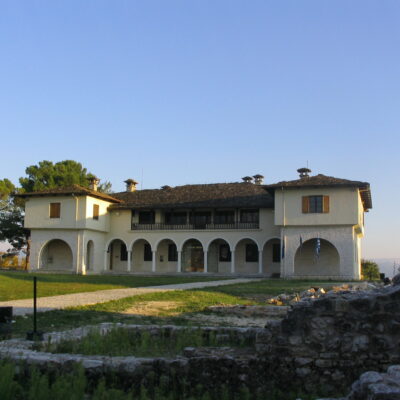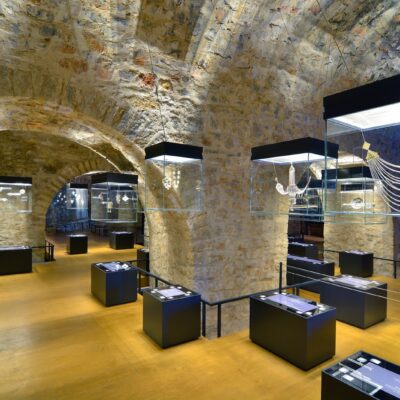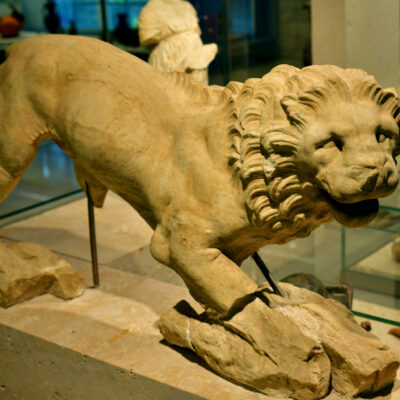- Home
- News
- Projects
- Skopje Creative Point is Officially Opening!
- Cultart PRO 2025
- Cultart with a second edition in 2025 – Cultart PRO
- Cultart PRO supports excellence in cultural management in Europe
- Applied Arts Skopje, Photography – Day 1 | The MARATHON
- Applied Arts Skopje, Photography – Day 2 | Orienteering
- Applied Arts Skopje, Photography – Day 3 | FRIENDLY MATCH
- Applied Arts Skopje, Photography – Day 4 | BASE CAMP
- Applied Arts Skopje, Photography – Day 5 | HOME RUN
- CULTART project
- Coming Soon: A Cultural Revolution Begins!
- Cultart Book
- CultArt in the News
- Cultart Cities
- Cultart News
- CultArt in the News
- Festivals Programme | Day 5
- Festivals Programme | Day 3 & 4
- Festivals Programme | Day 1 & 2
- Performing Arts Programme | Day 3 & 4, and 5
- Performing Arts Programme | Day 1 & 2
- Skopje Applied arts programme | Day 5
- Skopje Applied arts programme | Day 4
- Skopje Applied arts programme | Day 3
- Skopje Applied arts programme | Day 2
- Skopje Applied arts programme | Day 1
- Applied art program in Skopje organized by Cultart
- Visual Arts Programme | Day 5
- Visual Arts Programme | Day 3 & 4
- Visual Arts Programme | Day 1 & 2
- Updates for the Bulgarian candidates and the Festivals Programme training
- Design & Architecture Programme | Day 5
- Design & Architecture Programme | Day 3 & 4
- Design & Architecture Programme | Day 1 & 2
- The Group of Participants in the Design and Architecture Programme
- STEM Education Platform (SAPPHIRE)
- SMART SCHOOL
- Study in Bulgaria
- About Us
- Areas
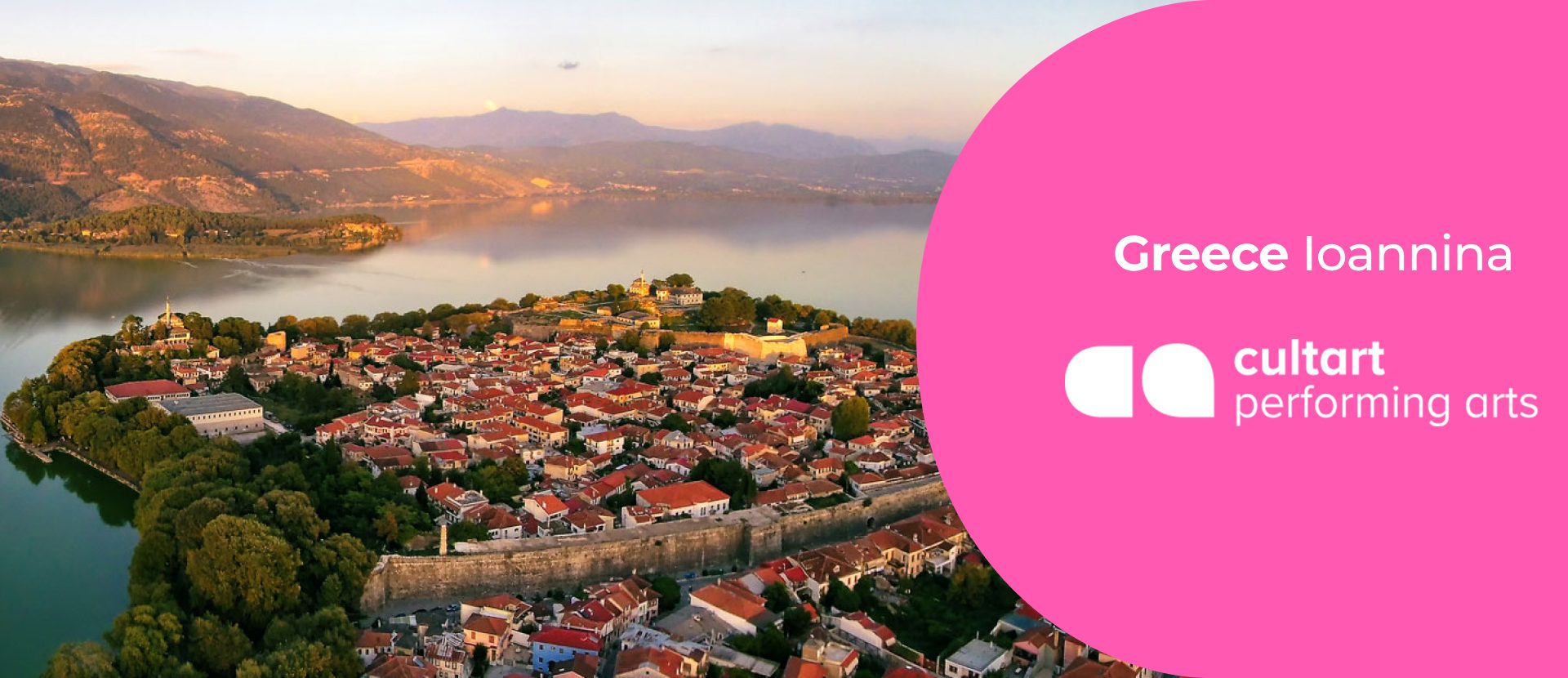
#enjoyperforming

Performing Arts Programme
Take a closer look at the authentic Greek theatre and performing arts of Ioannina. Dive into the multicultural heritage of Ioannina and enjoy contemporary creation.
During the Cultart programme of management in Performing arts the international groups of 25 young cultural managers will meet up to 10 key speakers, experts and practitioners, who will mentor the 10 specified modules of the Cultart programme – Cultural Innovations, Business & Entrepreneurship, Management & Administration, Project Development, Fundraising, Leadership, Conflict Management, Media & Communication.
What is essential to the Cultart programmes is the Cultart Case Study Challenge when the group will have the chance to participate in the real working process of a cultural organization in the field of performing arts in Ioannina. The Case Study Organization will outline its main tools and models, the current work and projects, and will give a specific ‘challenge’ to the group. The Case Study Challenge is the final exercise where the group can present its new skills of giving cultural management solutions.
Manage locally, art globally
Overview of the situation in the creative and cultural sectors in Greece during the Covid-19
The COVID-19 pandemic has led Culture in an unprecedented state of emergency, imposing, for more than a year, the halting of all cultural activities. The global health crisis has changed the status quo in our lives, in our means of living, in the social and cultural fabric, by introducing new balances.
The cultural sector was the first to be affected by the global prohibition measures to prevent the spread of the pandemic: Museums, monuments, archaeological sites, cultural and art galleries, cinemas, theaters, and galleries ceased to operate. The measures of total prohibition, the “suspension” of cultural life, as required by the instructions of experts, were implemented by the Ministry of Culture and Sports.
The health crisis has paralyzed the modern, global and national, cultural industry, imposing a suspension or cancellation of any kind of activity. Let us not forget that the cultural industry, according to Eurostat data, accounts for 3.7% of total employment in the European Union – proportionally in Greece – forming a dynamic sector of economy and development.
Since the beginning of the pandemic, special programmes with clear developmental characteristics were prepared, along with the support programs in the form of allowances and aid in full cooperation with the competent Ministries of Economy, Labour and Development. To date, the cultural sector has been supported with more than EUR 350 million. euro.
The health crisis has led professionals in the field to redefine the classic ways of contacting the public and to “think alternatively”. The potential of modern technology and the Internet was fully exploited to keep the relationship with the public alive. There has been a sharp increase in traffic to the available digital cultural indexes and the websites of museums and cultural sites worldwide.
Greek museums, seeking to keep themselves active, accelerated the online promotion of their content, following the model of international institutions, in an effort to access remotely, with simulations, virtual tours, but also with the free provision of multimedia applications, websites and educational programs.
The use of digital applications has shown that culture can be kept “alive” by making it easily accessible. The pandemic has highlighted the multiple options offered by Art, not only in the development of skills and creative expression, but also in quality entertainment.In May 2020, the Ministry of Culture and Sports, after the gradual lifting of restrictive measures, attempted to open the cultural infrastructure and the places of live entertainment and listening by meticulously applying the safety protocols.
Greece inaugurated the institution “All Greece one Culture” taking into consideration the huge advantage of our country, to be able to host actions of contemporary creation in archaeological sites and monuments. 251 performances were hosted in 111 archaeological sites and museums in 38 regional units of the country. More than 1,200 creators and 500 supporting staff were employed. The Greek National Opera inaugurated the institution by presenting from the Roman Agora, for the first time in live streaming, the recital of Anita Rachvelishvili, sending from Athens a message of hope and optimism to the whole world. The Athens and Epidaurus Festival was the only one in Europe that gave performances, exporting also for the first time live streaming ancient tragedy from the theatre of Epidaurus.
In Greece, there has never been such a great debate about the sustainability of cultural spaces and the ways of their audience participation, as during the pandemic. Although all the effects of the health crisis have not yet been fully assessed, it is a given that the emergence and management of Art and Culture – cultural heritage and contemporary creation – has entered a new historical era.
You can read the whole report with the statistics here: Greece Report
Team Ioannina
International Centre for Sustainable Development (ICSD) is a Non-profit Organization established in Ioannina, Greece. ICSD guides and prepares business plans for the social enterprises of the Region of Epirus. The promotion of ICSD objectives is performed through activities associated with the development of actions for economic development, entrepreneurship, regional planning, social development and prosperity, reduction of economic and social inequalities and discrimination against poverty, support for vulnerable social groups. The team works on a large number of research projects with both national and European partners; Launches a variety of awareness-raising activities, training seminars, and events in the field of sustainable development and education; Disseminates publications and studies and issues press regarding sustainable development; Promotes products and services, publication and circulation of information leaflets, and the development and utilization of any kind of media.


